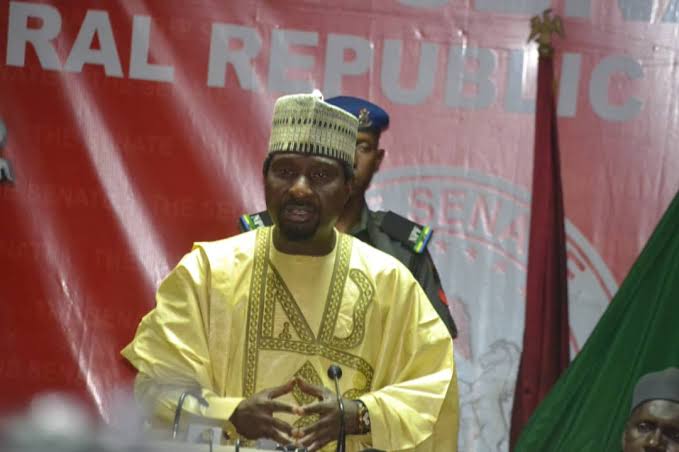Aliko Dangote has assured that the Dangote Petroleum Refinery has sufficient Premium Motor Spirit (PMS), commonly known as petrol, in storage to meet Nigeria’s demand.
Speaking over the weekend after a tour of the refinery by Zambia’s Minister of Energy, Makozo Chikote, Dangote revealed that the facility currently holds over half a billion litres of refined petroleum products and more than ₦600 billion worth of fuel in its tanks.
“As we speak right now, we have more than half a billion litres. The refinery is producing enough refined products, like gasoline, diesel, and kerosene, to meet 100 per cent of Nigeria’s requirements,” Dangote said.
He emphasized that the refinery is not just for Nigeria but for the entire African continent, aligning with the goals of the African Continental Free Trade Area (AfCFTA).
“We must sustain the African Continental Free Trade Area (AfCFTA) deal. We are trying to see how we trade with other African countries,” he added.
Zambia Seeks Energy Partnership with Dangote
Chikote, who led a delegation to explore potential energy partnerships with Dangote, expressed admiration for the refinery’s capacity and its potential benefits for Africa.
He said: “In Zambia, we created an environment for the private sector to participate in the growth and development of our country. Currently, 100 per cent of our petroleum is done by the private sector.
“We are targeting increased productivity in mining, agriculture, and other sectors. Your presentation is an immediate solution to our energy needs. We are trying to promote competition among our private players.
“We are looking at Dangote coming on board, which would lead to efficient, reliable, quality, and competitive products, and we want these done like yesterday.”
The Zambian delegation toured key facilities, including the Single Point Mooring, Dangote Jetty, Africa’s largest fertiliser plant, and the 650,000 barrels-per-day refinery, which is described as the world’s largest single-train refinery.
Chikote highlighted the importance of intra-African trade and self-sufficiency, noting that the refinery represents a model for African nations to reduce reliance on foreign imports.
“We have seen here that we can learn from what Dangote has done, and this would lead Africa and Africans to stand on their feet and not depend on overseas support in terms of trade. I believe going forward that people have learned a few lessons. The one lesson I have learned from this visit is that Dangote looks at the bigger picture for Africa,” he said.




 2 hours ago
24
2 hours ago
24







 English (US) ·
English (US) ·